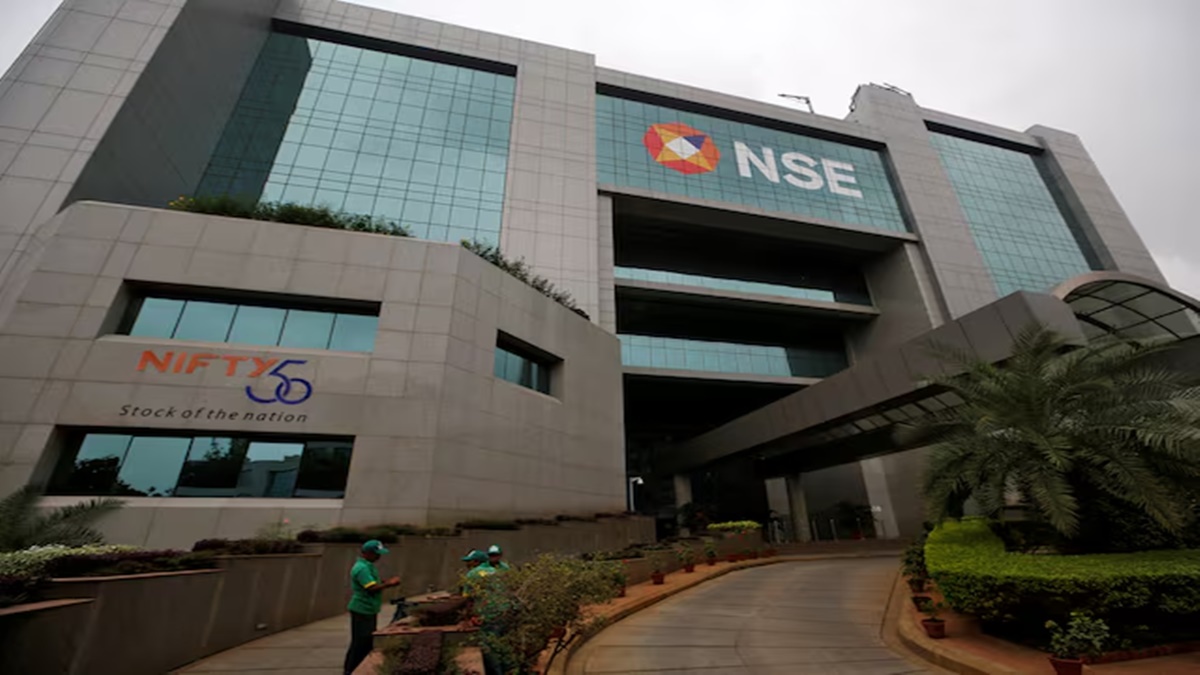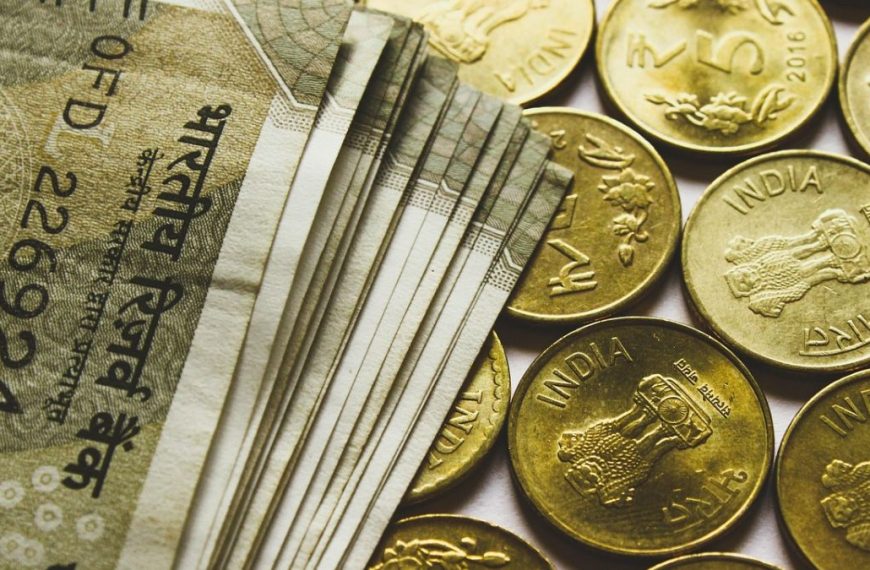On Wednesday, despite the ongoing tensions between India and Pakistan, the Indian stock market demonstrated remarkable resilience. The benchmark indices managed to finish in the positive territory, with the Nifty 50 and Sensex rising by 0.1%, closing at 24,414.4 and 80,746.78 respectively, after starting the day in the negative.
Market Performance Amidst Geopolitical Tensions
Investors displayed confidence, reflected in the robust performance of small-cap and mid-cap indices, which saw increases of 1.4% and 1.6% respectively. Notably, out of the 13 major sectors, 11 experienced gains, contributing to an overall positive market breadth with 2,206 gainers against 1,683 losers. By day’s end, investor wealth surged by Rs 2.19 lakh crore, reaching a total of Rs 423.50 lakh crore.
- Nifty 50: Closed at 24,414.4
- Sensex: Closed at 80,746.78
- Small-cap Index: +1.4%
- Mid-cap Index: +1.6%
- Investor Wealth Increase: Rs 2.19 lakh crore
Volatility and Foreign Investment Trends
Despite the positive market close, volatility has been on the rise, marking eight out of ten trading sessions since the recent terrorist incident in Pahalgam, Kashmir, with levels nearing a three-week peak. Furthermore, India’s leading stock exchanges, the National Stock Exchange and the BSE, temporarily limited access for foreign users, although foreign portfolio investors (FPIs) continued to participate actively in the markets.
Interestingly, FPIs showed no signs of being deterred by geopolitical issues, making substantial purchases totaling $1.3 billion in May, following $530 million in April. This trend indicates robust confidence among international investors.
Sectoral Highlights and Future Prospects
Certain stocks are benefiting from India’s impending Free Trade Agreement (FTA) with the UK, particularly in the automobile and textile sectors. Tata Motors saw a significant jump of 5%, buoyed by expectations of enhanced export opportunities for its UK subsidiary, JLR. Defence stocks also enjoyed meaningful gains, although they experienced volatility, retracting some profits later in the session.
Market analysts noted that investors seemed undeterred by military hostilities, instead focusing on corporate earnings and the impending India-UK FTA. “Market participants are also keenly observing the US Federal Reserve’s upcoming decisions and insights,” remarked the CEO of a domestic brokerage. His insights emphasized how the Fed’s interest rate decisions could influence the flow of foreign investments into Indian equities.
Investor Sentiment in A Challenging Environment
Traders observed that some investors had taken short positions, anticipating retaliatory actions from India against Pakistan. However, as market sentiment remained relatively strong, many opted for short-covering, showcasing a blend of caution and optimism amidst the prevailing uncertainty.
In conclusion, while geopolitical tensions often create ripples in financial markets, the Indian stock market has shown a robust capacity to withstand external pressures, driven by strong domestic fundamentals and investor confidence.











